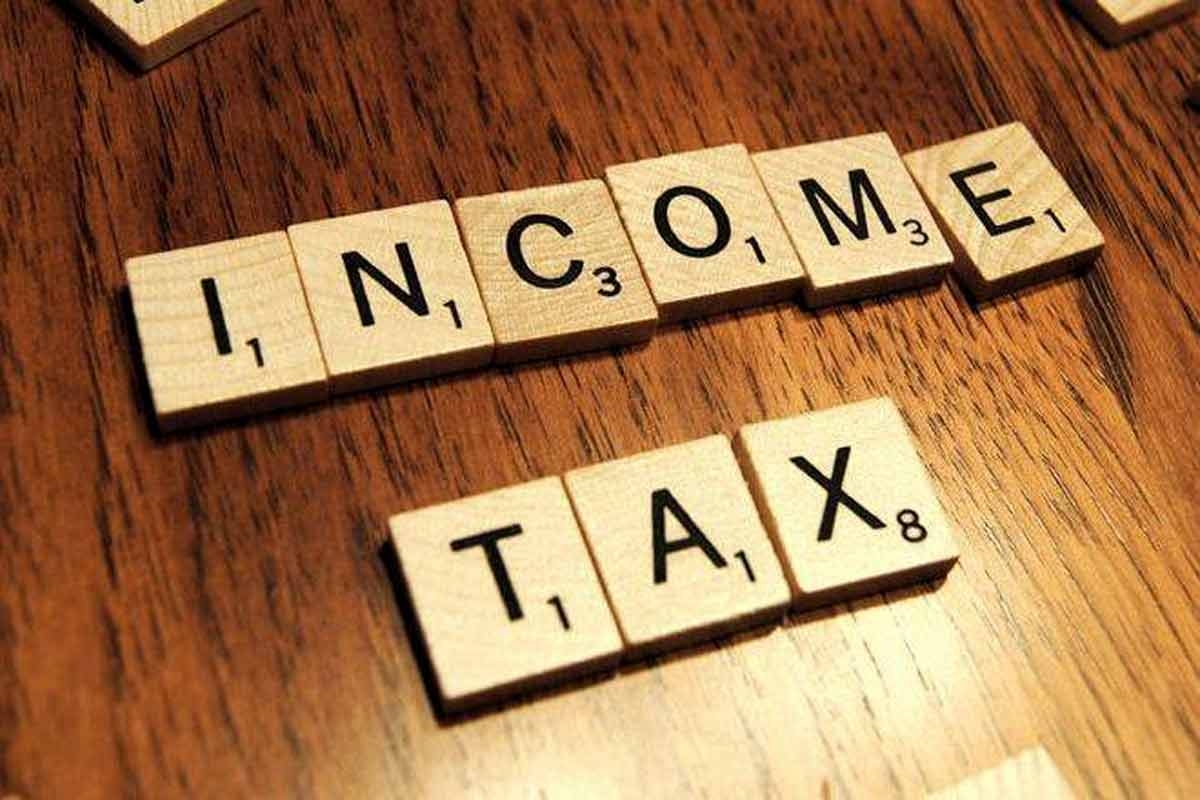Foreigner gives five reasons why Vietnam is ideal for retirement
Competition for the overseas retiree dollar is fierce around the world and no more prominent than in Southeast Asia. As living costs for foreigners continue to rise in their home countries, more citizens move to this part of the world.
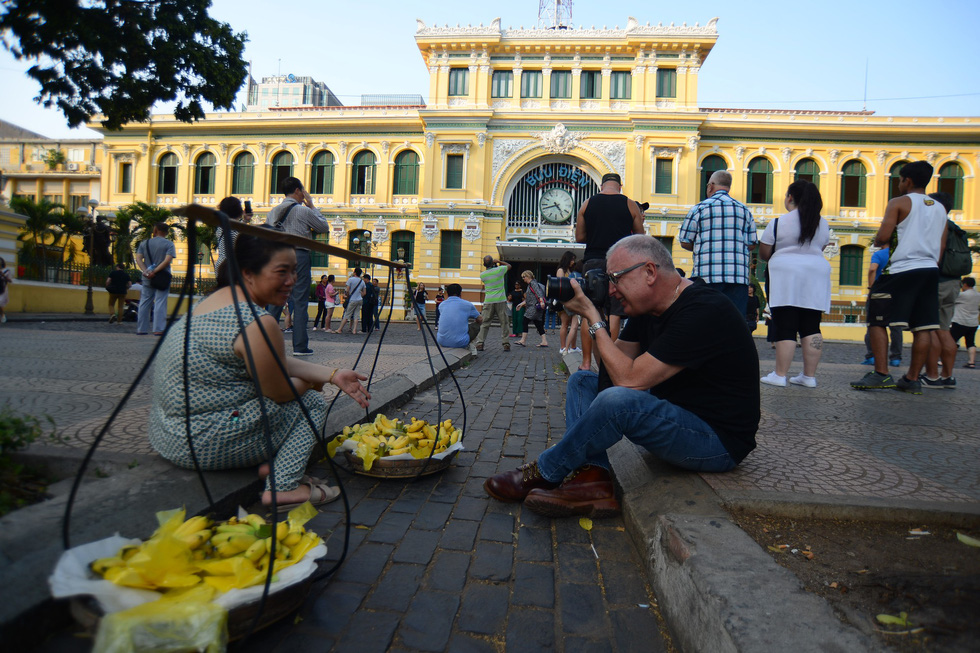
A foreigner takes a picture of a street vendor in Ho Chi Minh City, Vietnam. Photo: Tuoi Tre
Estimates indicate that the number of Americans retired overseas has doubled in the last 15 years to several million, plus nomads and seasonal travellers.
In comparison, there are close to 100,000 citizens from the United Kingdom retired in Spain and Portugal alone. Tens of thousands of Australians are retired on Bali but there are so many seasonal and part-time visitors that it’s hard to get an accurate count.
Determining the number of retirees in Vietnam is more difficult because there is no official retirement visa program, although my estimation is that the total number of foreigners living here is well over 100,000. Of those, most are working or are business owners, but it’s safe to say the number of retirees is in the tens of thousands.
What’s so good about retiring in Vietnam?
Value for Money
I spent several years rotating between six countries in Southeast Asia and found that not only is Vietnam the least expensive, but the quality we receive is high relative to the other destinations in the region.
Sure, you can eat for a couple of U.S. dollars in Cambodia or the Philippines but you’ll usually need to spend more to get a quality, nutritious meal. In Vietnam it’s easy to enjoy a healthy, delicious meal in a low-end restaurant for less than two dollars.
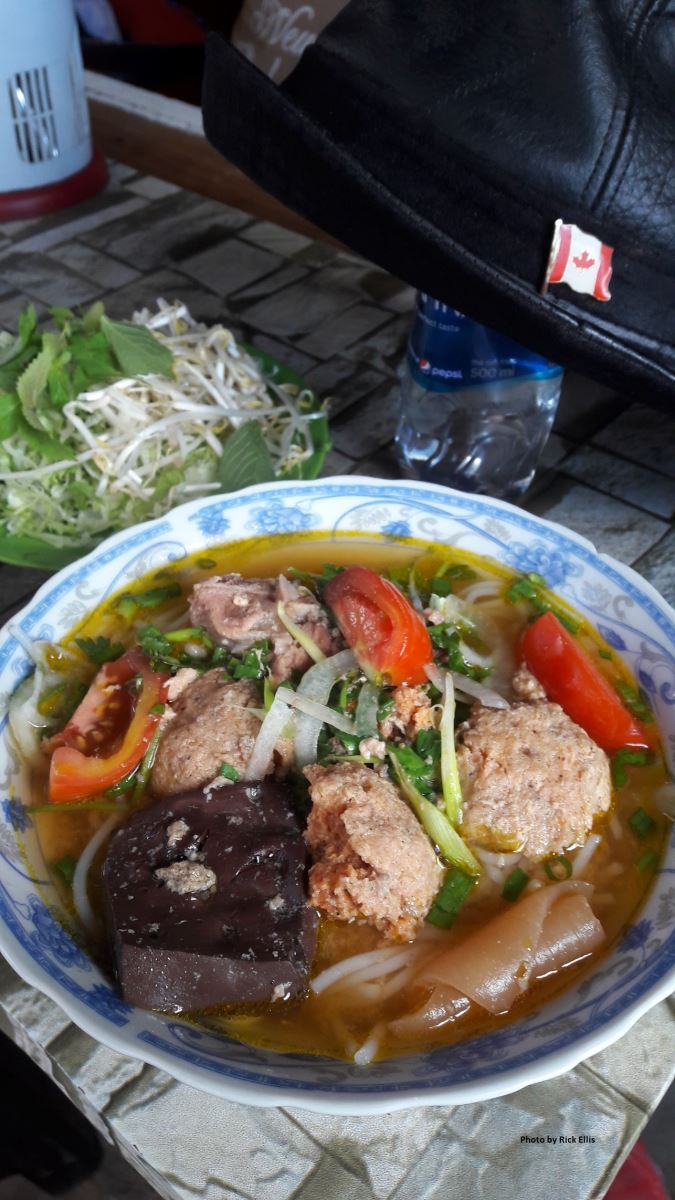
Bun rieu cua (crab noodle soup)
Vietnam is the second-largest coffee-producing country in the world, so it’s easy to find a great cup for US$0.50.
Rents are higher in the largest cities but affordable to downright cheap in most areas, and most buildings are of sturdy concrete construction. I’ve rarely seen a cheaply built hotel or apartment building in Vietnam with paper thin walls.
Outside the two largest urban areas Ho Chi Minh City and the capital Hanoi it’s easy to find a comfortable, large apartment for less than $500 per month with studios going for half that price or less.
Affordable visa options are available, including business visas (investment or work activity is not required) valid for 6 to 12 months costing between $250 for the former and $500 for the latter, including invitation letters and stamping fees paid upon arrival.
Friendly, energetic people
I’ve spent four decades living in various countries around the world including 10 years in Southeast Asia and the Vietnamese take the crown for the most welcoming locals.
When foreigners bring the right attitude to Vietnam – embracing the culture, customs, and food, truly wanting to learn how things are done and why, and accepting that like anywhere else it’s not perfect – then the welcome mat comes out.
The people bend over backwards to make us happy and comfortable and treat us fairly. The generosity is amazing – half the time that I go for a coffee or a beer I can’t move quickly enough to pay the bill because someone has already snapped it up.
This one statistic tells all: 25 years ago nearly 60% of the population lived below the poverty line – today it’s around 10 percent. That’s an unparalleled turnaround among developing countries.
The Vietnamese are hard workers, focused on service, entrepreneurial by nature, and eager to advance and move up the socio-economic scale. The country has yet to be taken over by large corporations and as a result many run their own small businesses and that counts for a lot of the enthusiasm and energy.
Things work in Vietnam
In most developing countries even the smallest task can become a big story, such as getting phone service or shopping. Not in Vietnam. Every coffee shop and small business has free Wi-Fi and it works. I don’t even use my phone service – never have – everywhere has functional Wi-Fi.
Go to the market and you can expect to pay a fair price for goods. Prices are often marked on products and negotiating is not customary, so no need to know complex haggling rules. Of course there are scams just like everywhere in the world, but they are fewer and further between in Vietnam. Tourists are sometimes cheated as happens all over the world, but rarely is the known foreign resident scammed.
What about health care? It’s critical to every retiree, so how does Vietnam stack up? Vietnam is on a par with the neighboring countries as well as the Philippines and Indonesia. Thailand and Malaysia are both a step up from the bunch and Singapore is apparently world-class, and all those places have world-class costs to go with that standard.
I have an excellent doctor and dentist right here in Da Lat, both at very affordable prices. I found them by doing ground work with locals and expats, so it’s not as straightforward as we’re used to in our home countries.
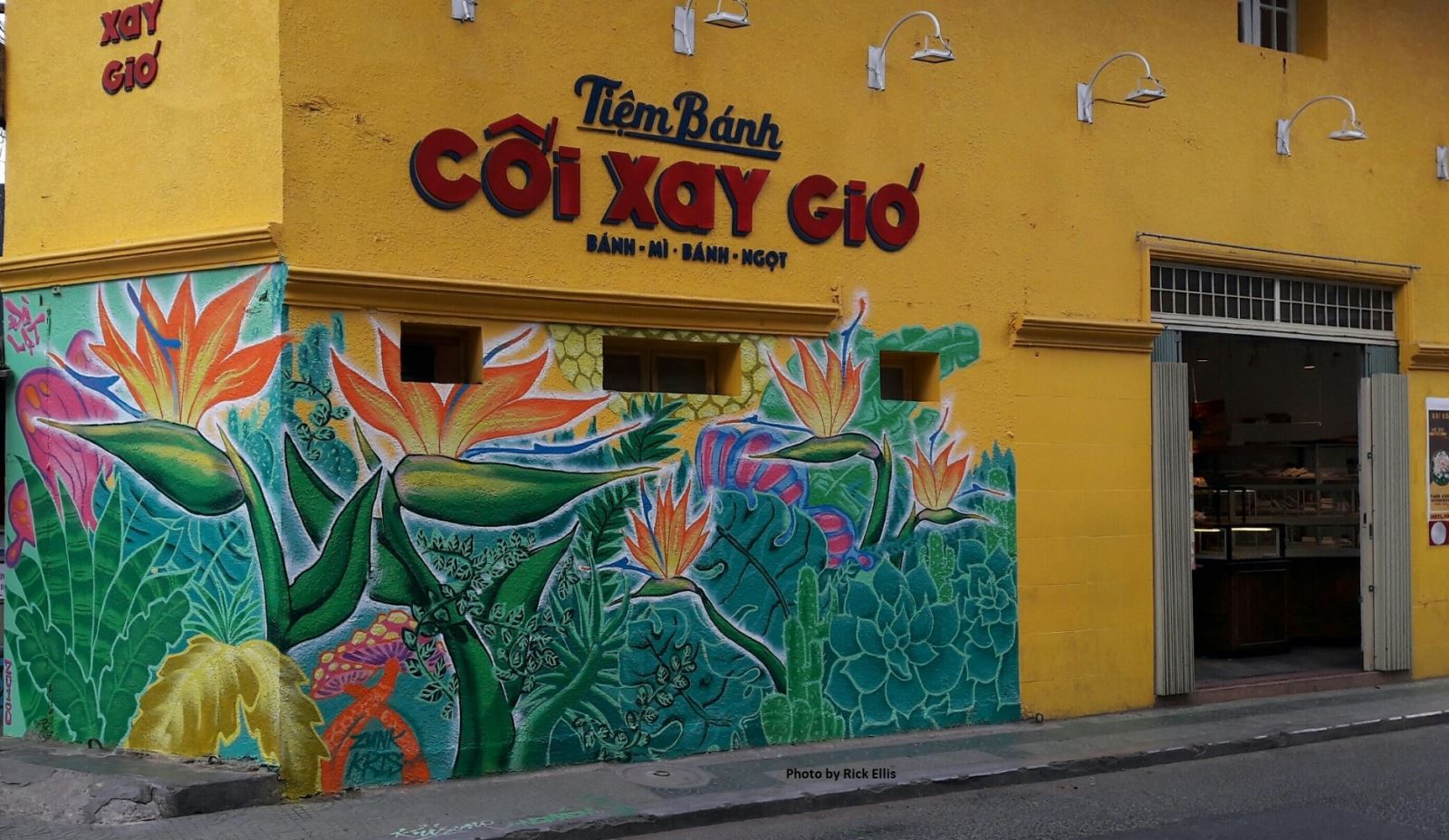
A locally-owned bakery in Da Lat
Variable climates and seasons
Vacationing abroad is one thing, but retiring to live full-time abroad means the weather plays a much larger role, and Vietnam has a climate for every taste.
Most countries in the region have two seasons: wet and dry, so there is not a lot to choose from. It’s either hot or sweltering, dry or throwing down rain for months on end.
In Vietnam there are several climates – when it’s raining in the south, it’s usually dry in much of the central and northern regions, and vice versa. When it’s coldest in the north it’s much warmer in the south.
The country stretches some 1,600 kilometers from north to south at varying altitudes, so for the beach lover nearly all of the coast is gorgeous, plus many great cooler weather enclaves up in the hills.
I won’t even get into the never-ending natural beauty all over Vietnam or this article would turn into a thick book. Truly there is something for everyone from pristine beaches to rolling hills of rice terraces, to mountains and beautiful cities.
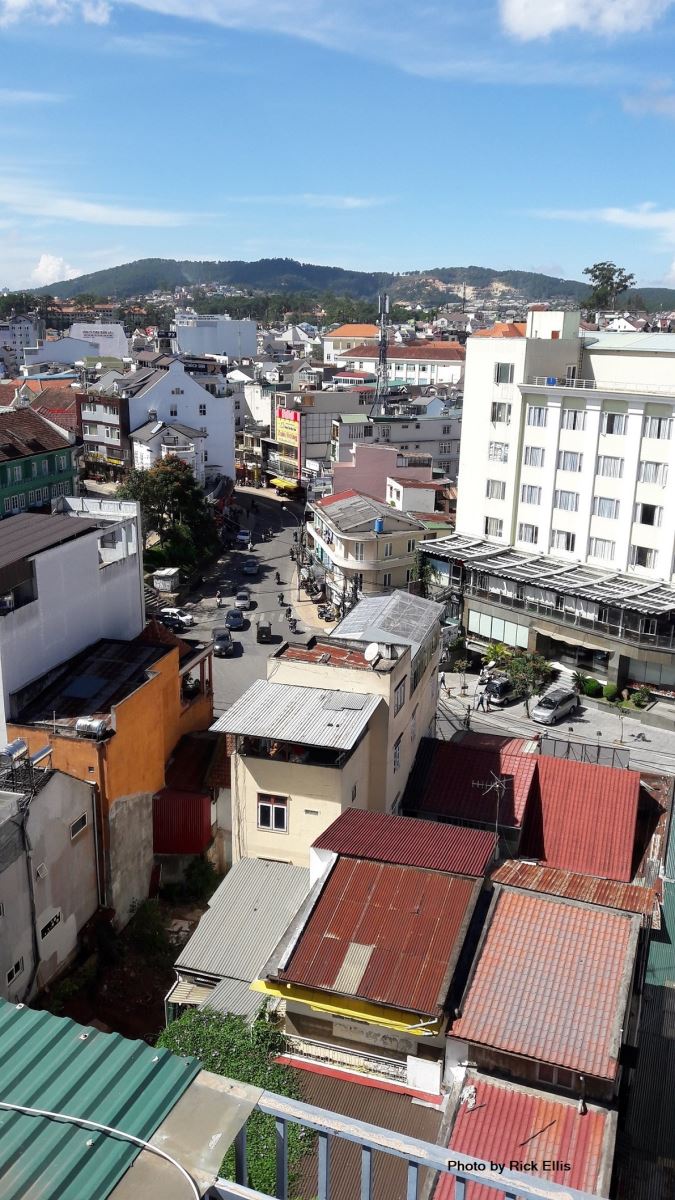
Da Lat City in the Central Highlands of Vietnam
Stability and security
Feeling safe and secure is by no means a sure thing in many developing countries, but in Vietnam women walk outside alone at night and there are relatively few petty crimes.
Sure, Ho Chi Minh City and Hanoi are huge mega-cities and have all the issues that come with them, including street snatchings and theft. Outside the largest cities there is little risk of becoming a victim of violent crime.
The government is predictable and stable relative to most developing countries. There are no uprisings, coups, drastic changes in policy, unlike many other countries. Life is peaceful and pleasant here.
Add it all up and what have we got? An affordable if not downright cheap cost of living, welcoming locals, efficient services, variable climates, endless beauty, plus a stable political and social environment.
Will it always be like that?
Certainly not – Vietnam is still in its infancy as a retirement destination because the lack of a formal retirement program makes some foreigners hesitant to settle here. As a tourist destination it’s blossoming rapidly, so costs will have to increase over time. I envisage a retirement program for foreigners being put in place in the coming years and many more retirees flocking here to live.
Vietnam is right at the sweet spot for the foreign retiree, don’t wait for the crowd!
Rick Ellis/Tuoi Tre News
Recommended
 Handbook
Handbook
Vietnam Moves Up 8 Places In World Happiness Index
 Handbook
Handbook
Travelling Vietnam Through French Artist's Children Book
 Multimedia
Multimedia
Vietnamese Turmeric Fish among Best Asian Dishes: TasteAtlas
 Handbook
Handbook
From Lost to Found: German Tourist Thanks Vietnamese Police for Returning His Bag
 Handbook
Handbook
Prediction and Resolution for the Disasters of Humanity
 Handbook
Handbook
16 French Films To Be Shown For Free During Tet Holiday In Vietnam
 Handbook
Handbook
Unique Cultural and Religious Activities to Welcome Year of the Snake
 Handbook
Handbook


